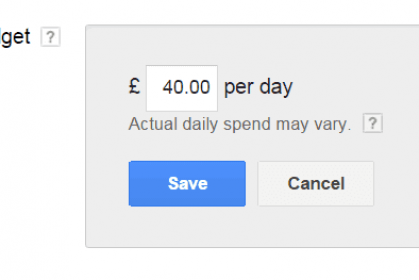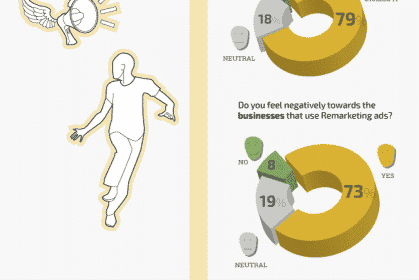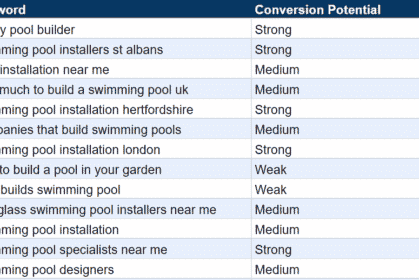

17/04/2016, SEO
Infographic: 7 Revealing Insights into how Consumers feel about Search
Are you an SEO consultant who needs to persuade your clients why they should be investing in organic search? This infographic shows the results of a survey conducted with 1,000 online consumers in the UK and the US about their understanding and attitudes towards Google’s organic search results and advertising.

For me, there are three big takeaways from this study:
1) The public neither like nor trust the ads in Google’s search results.
It strikes me that Google have something of a dilemma when it comes to the ads in their search results. On the one hand, search advertising is Google’s big cash cow, responsible for the largest proportion of the company’s revenue. On the other hand, the public have a strong preference for the organic results and consider Google ads to be largely either irrelevant or untrustworthy, even when performing transactional or commercial search queries.
If Google decide to show more ads on the page or go even further towards disguising ads to look like organic results, they risk damaging their reputation of being able to deliver high-quality, relevant search results. Show fewer ads on the page and they risk losing millions in revenue. Their recent decision to completely remove the ads from the right hand side of the page has had little impact when so few people were clicking on them anyway.
If the public perceive the websites listed in the organic search results to be more trustworthy, more relevant and to have “earned” their position on the page – even before they have visited the actual website – it is clear to me that achieving a strong organic visibility should be a priority for most businesses and organisations.
2) The public really don’t like remarketing ads that follow them around the web.
With 79% of consumers expressing a dislike for this type of advertising and 73% stating that it makes them feel negatively towards the companies that use it, it is clear that advertisers may need to re-evaluate how they use remarketing.
While our Adwords stats may lead us to believe that remarketing is delivering a positive return on investment when measured simply in terms of cost versus revenue generated, this may not be telling the whole story. If an even larger number of people consider our ads to be intrusive or “creepy” they could in fact be doing more damage to our brand perception than any benefit derived from the sales they generate. The solution is not to necessarily stop using re-marketing altogether, but perhaps to use it in a way that doesn’t leave visitors feeling that we are spying on their every move.
3) The public have little understanding of what makes a site rank on Google.
I ran a similar survey to this one back in 2014 and it is clear that the public still lack any real understanding of what makes one website rank above another in the organic results. Almost half believe that it is due to the amount of traffic the site receives while also convinced that organic results are influenced by money the businesses pay to Google. Google’s reluctance to be transparent about how sites are ranked seems to confuse their users as much as it confuses the businesses trying to improve their visibility in the organic results.
- Rand Fishkin – Moz
- Russell Jones – Moz
- Nick Eubanks – I’m From The Future
- Dan Sharp – Screaming Frog
- Dr. Dave Chaffey – Smart Insights
Author: Danny Richman
Download this infographic.

